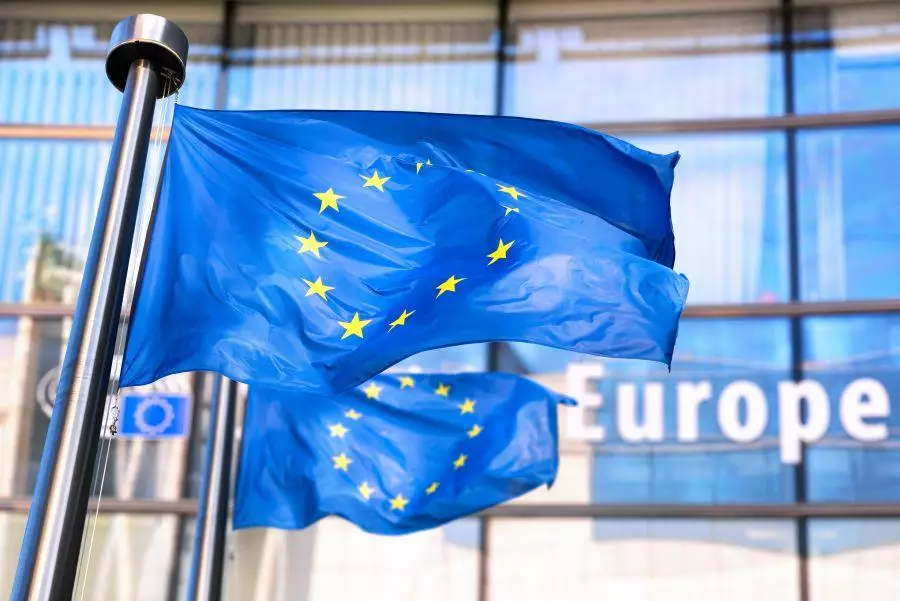The European Union (EU) data protection agencies have raised concerns about potential privacy risks associated with the proposed Central Bank Digital Currency (CBDC), the digital euro. In a joint statement, the European Data Protection Board (EDPB) and the European Data Protection Supervisor (EDPS) acknowledged the benefits of the CBDC but also highlighted loopholes and areas that require urgent attention to safeguard user privacy.
Benefits and Peculiarities of the Digital Euro
The EDPB and EDPS recognize the advantages of the digital euro, such as providing individuals with access to spend the euro on the blockchain through online and offline methods. They also appreciate the added benefit of having a cash alternative. These aspects have the potential to revolutionize digital transactions and enhance financial inclusion.
While the data protection agencies expressed satisfaction with certain proposals that protect user data in the digital euro, they identified several issues that demand attention. One major concern revolves around the single access point for verifying user ownership of the required amount. The vagueness surrounding the terms and powers of these identifiers raises the possibility of data privacy breaches and exposes user information.
Scrutiny of Fraud Detection and Prevention Mechanism
The proposed regulation includes a fraud detection and prevention mechanism (FDPM) that has come under scrutiny by data regulators. The lack of clear descriptions and provisions within this mechanism poses a risk to user privacy. The EDPB and EDPS recommend the adoption of a better framework that limits potential data scares and ensures stronger data protection measures.
Privacy Threshold for Online Transactions
To protect online transactions from investigations related to anti-money laundering (AML) efforts and other crime-fighting initiatives, the EDPB and EDPS suggest the establishment of a “privacy threshold.” This threshold would shield offline and low-value transactions from unnecessary scrutiny, emphasizing the importance of striking a balance between privacy and security concerns.
The data protection agencies call for greater clarity and a higher standard of data protection measures from the European Central Bank (ECB) throughout the implementation of the digital euro. This includes transparency about data handling and protection at all phases of the process, ensuring that user privacy remains a top priority.
User Trust and the Role of Data Privacy
Irene Loizidou Nicolaidou, the EDPB Deputy Chair, emphasizes the crucial role of data privacy in fostering user trust. To encourage widespread adoption of the digital euro and gain public confidence, it is essential to prioritize data protection throughout the entire process, from development to implementation.
While the proposed digital euro offers promising opportunities for convenient and inclusive transactions, critical attention must be paid to potential privacy risks. The joint statement from the EDPB and EDPS serves as a reminder that user privacy should not be compromised. Clearer guidelines, stronger data protection measures, and a privacy threshold for online transactions are among the improvements needed to secure user trust and ensure the successful integration of the digital euro in the European Union’s financial ecosystem.


















